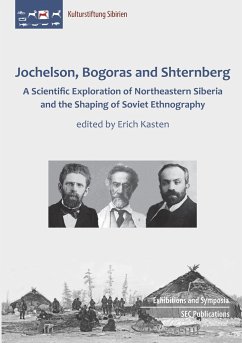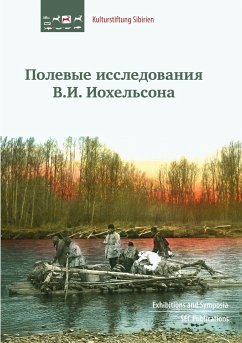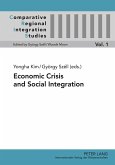In this volume the authors discuss the fascinating and eventful biographies as well as the significant scientific work of Waldemar Jochelson, Waldemar Bogoras and Lev Shternberg. They investigate the question of how these men became involved in ethnography towards the end of the 19th century, when they had to spend many years as political exiles in remote parts of northeastern Siberia. This early revolutionary commitment shed light on their empathetic and pioneering methods during their later fieldwork with local people. At the same time they incorporated important ideas from American cultural anthropology gained from their close collaboration with Franz Boas. Their initial aims and methods were also reflected in the ambitious community-oriented research programs that they later had conceptualized and launched together with other colleagues at Leningrad University.








